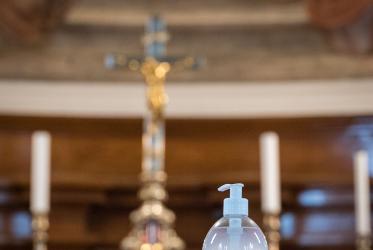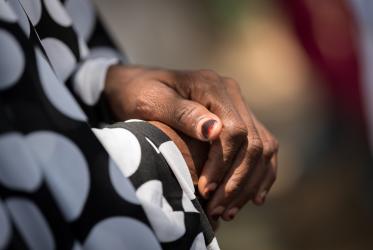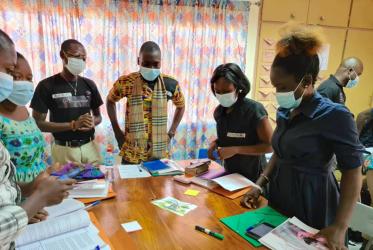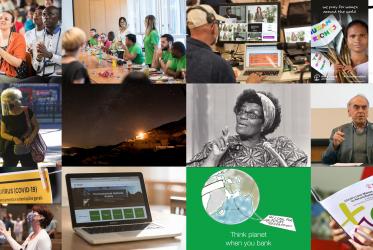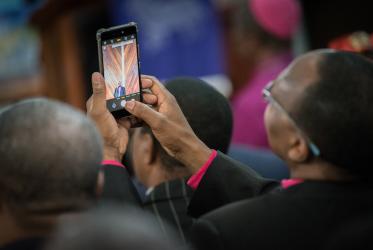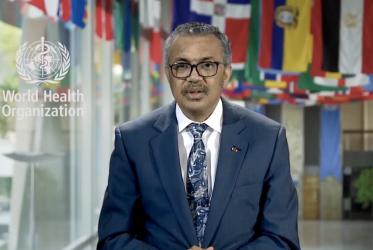Displaying 1 - 20 of 78
A Guidebook for Local Faith Communities
05 October 2023
Faith Sector Implementation of the Global AIDS Strategy
05 October 2023
Promoting human dignity through art
06 September 2022
Women with disabilities want to belong in churches
31 August 2022
In a COVID-stricken world, “everyone is important”
23 October 2020







